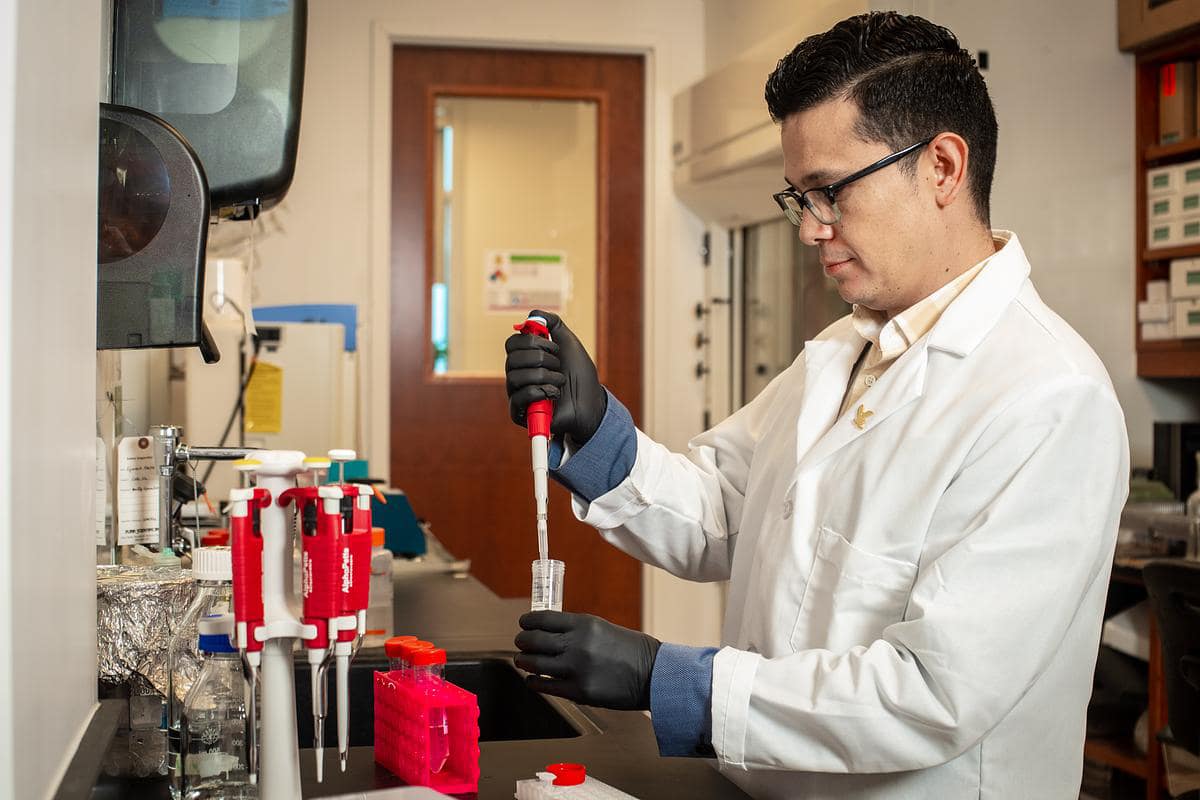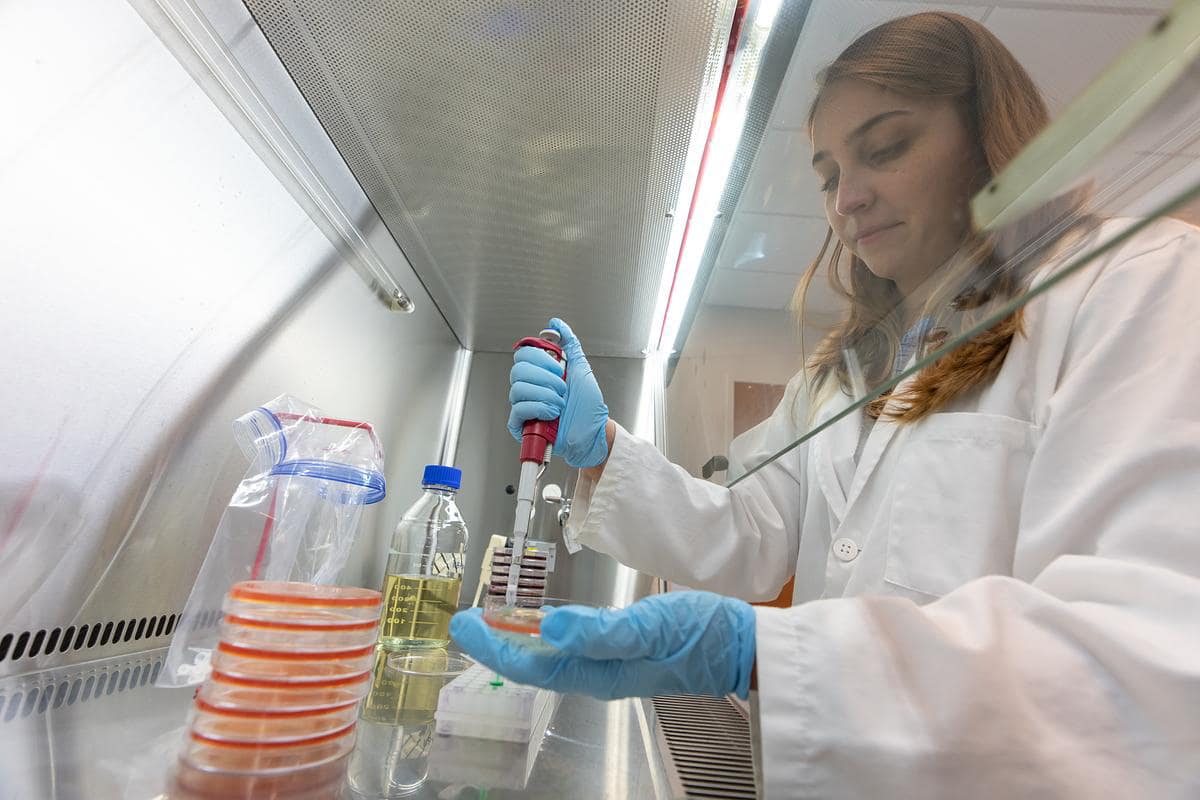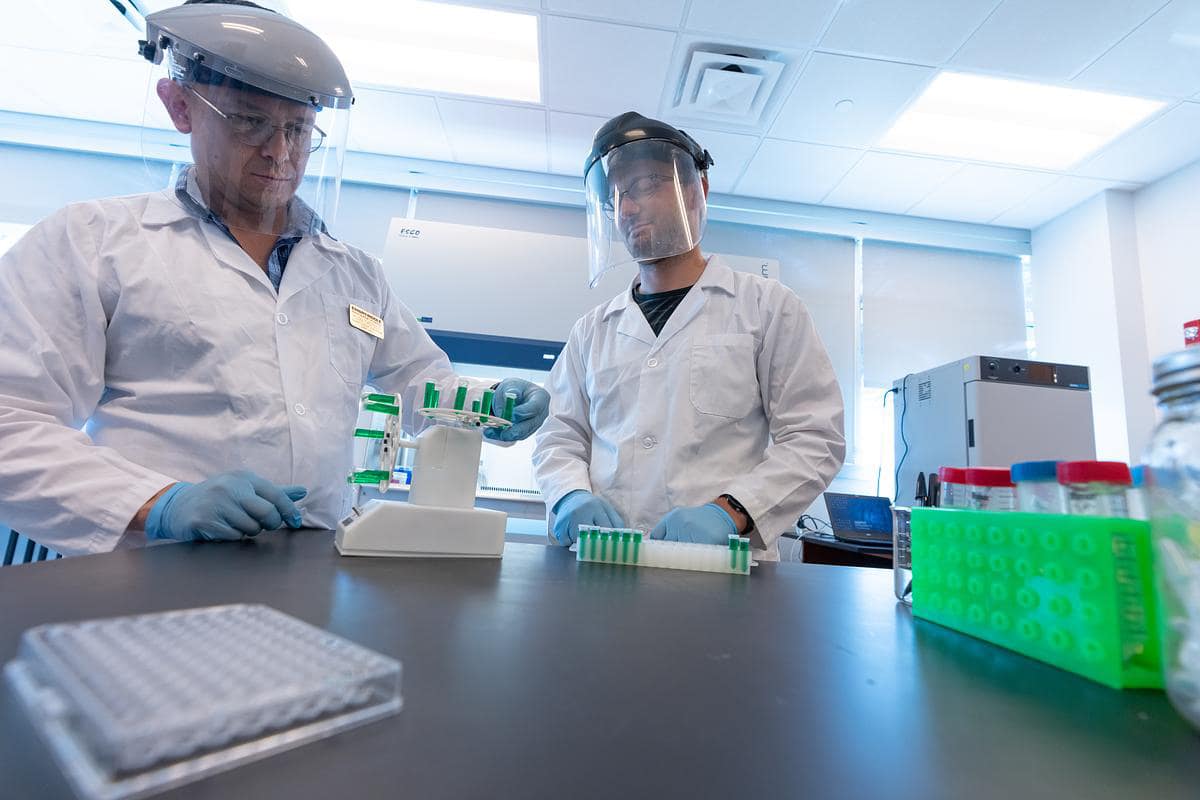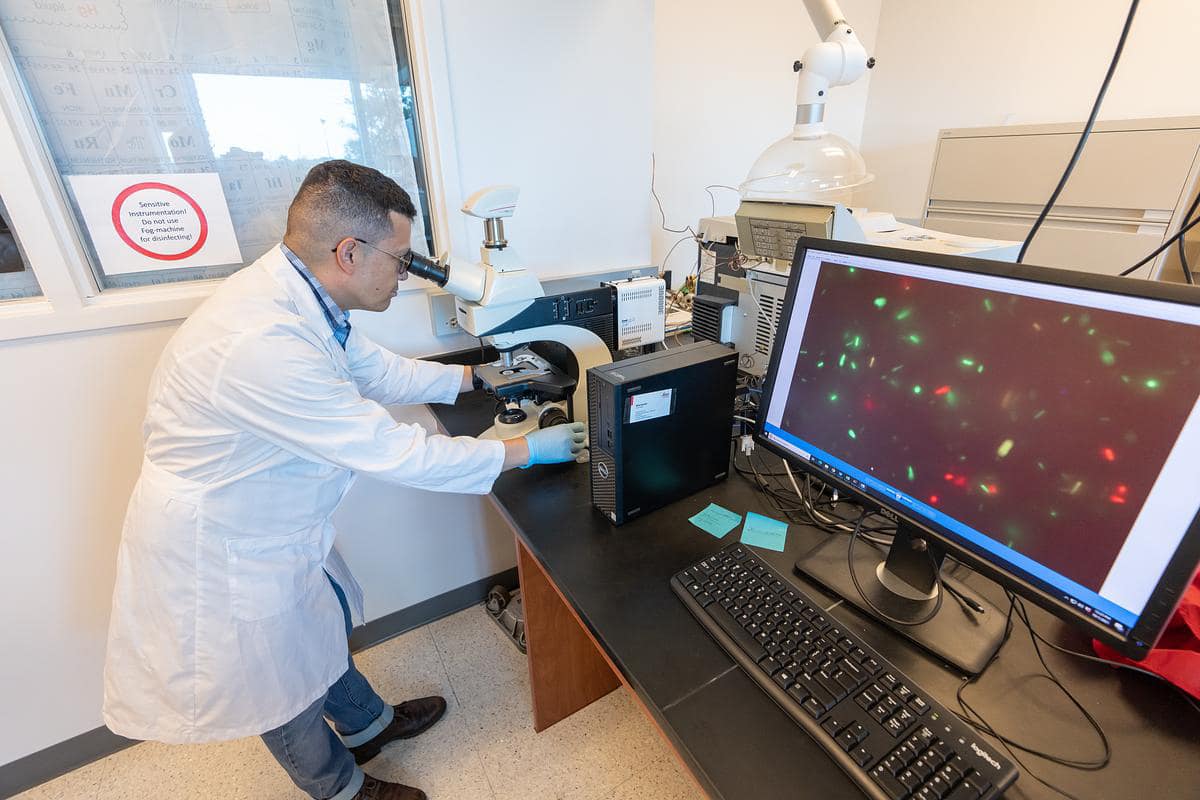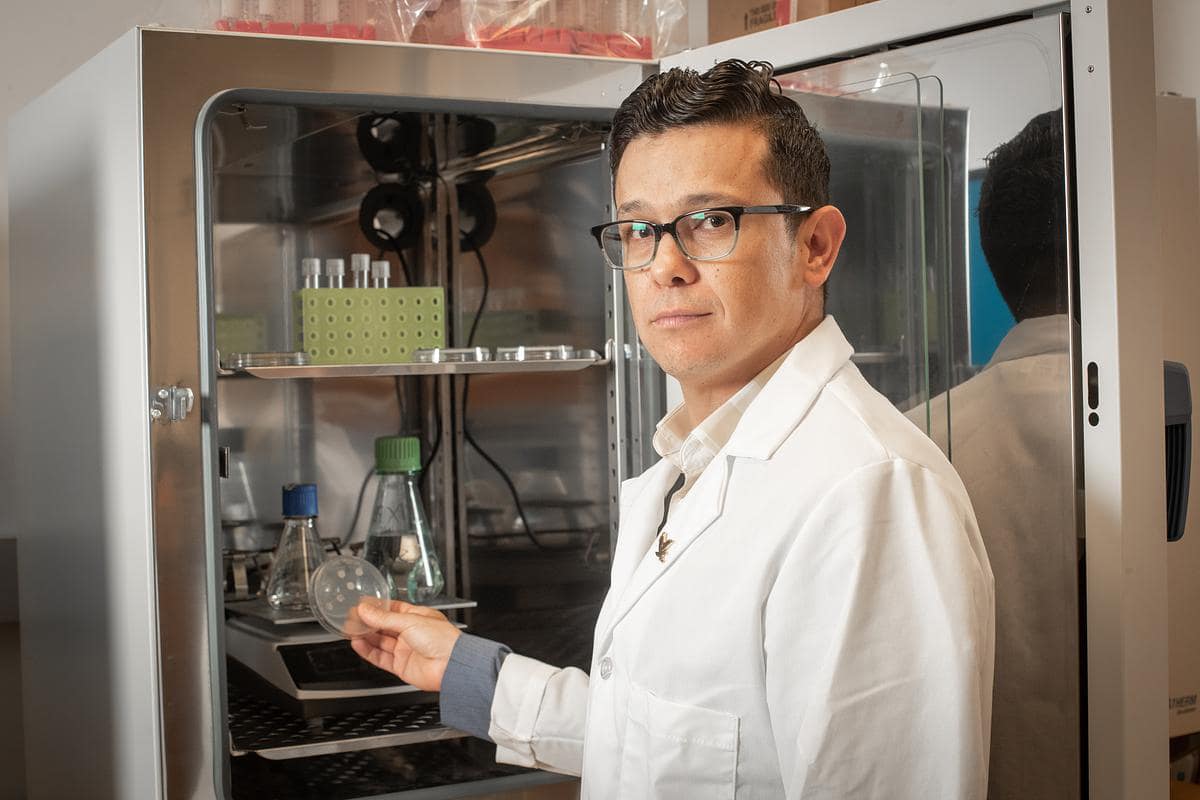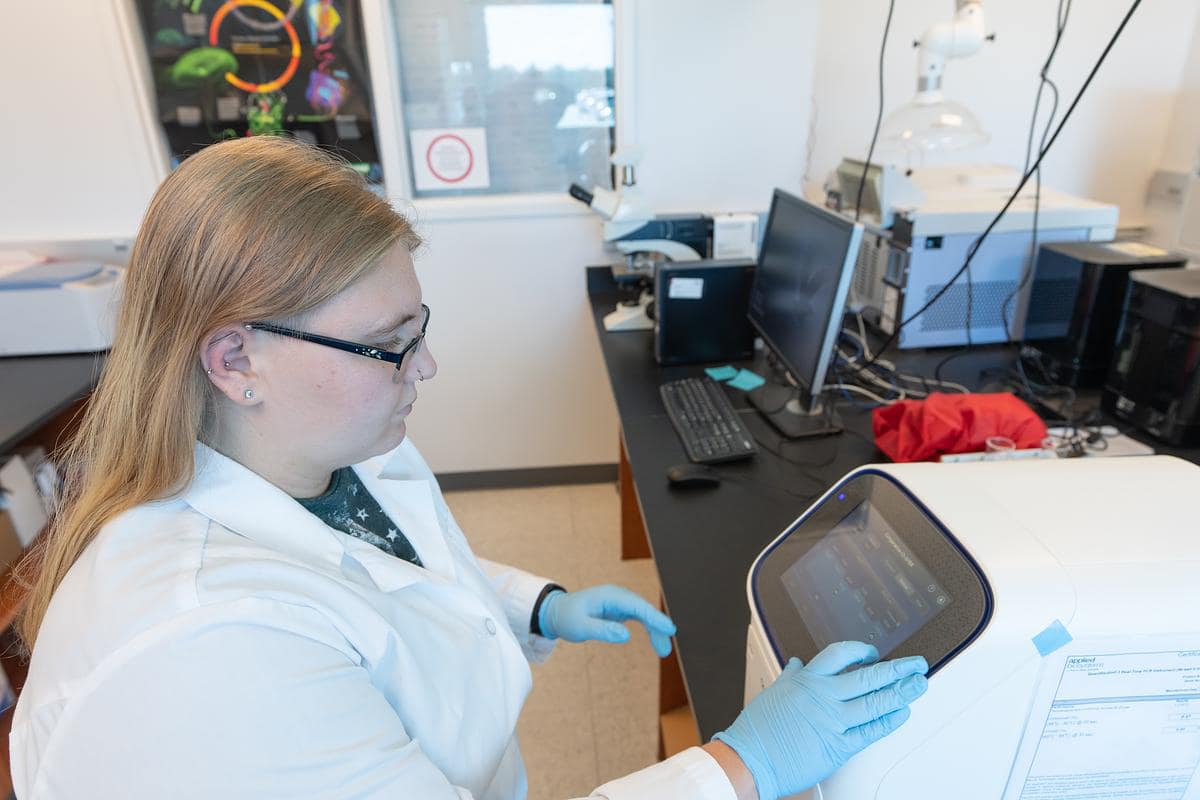The Space Microbiology Laboratory studies the genetic and physiological responses of cells to the combined effect of microgravity and space-relevant radiation fluxes.
Specifically, we measure how simulated space conditions cause the regulation of gene expression, enzymatic activity and growth in different species of bacteria related to human health and life support systems, using advanced techniques of cellular physiology and transcriptome analysis. We have recently started a new line of research to explore the changes in the composition and activity of microbial communities associated with the roots of plants grown on substrates that simulate lunar soil. Our goal is to help identify the adaptations of prokaryotic organisms that we rely on for resources such as oxygen and food production and to maintain good health once we leave Earth on our way to other planets.
This lab is open to students with an inquisitive mind and an interest in the role of microorganisms to different forms of stress on Earth and in space. Working here, students will learn how to simulate space conditions and how to identify changes at the gene-expression level that explain physiological and behavioral responses – highly valuable skills for biomedical and aerospace careers.
Equipment
- Microgravity analogs (2D clinostats and rotating cell culture systems)
- Low-activity radiation sources
- Biosafety equipment for the safe manipulation of microbial specimens
- Multi-mode microplate reader to measure absorbance, fluorescence and luminescence in cells and cell extracts
- Real-time PCR amplification system to measure gene expression and general microbiology and cellular biology equipment
- Fluorescence microscopy
Lab Information
Location: COAS 117.1
Lab Directors: Dr. Hugo Castillo
Contact Us: To speak to someone about this lab or any of our facilities, call us at 386-226-6100 or 800-862-2416, or email DaytonaBeach@erau.edu.

